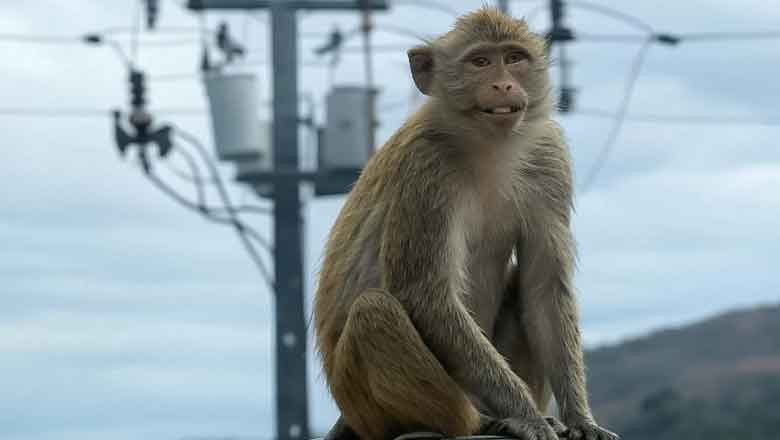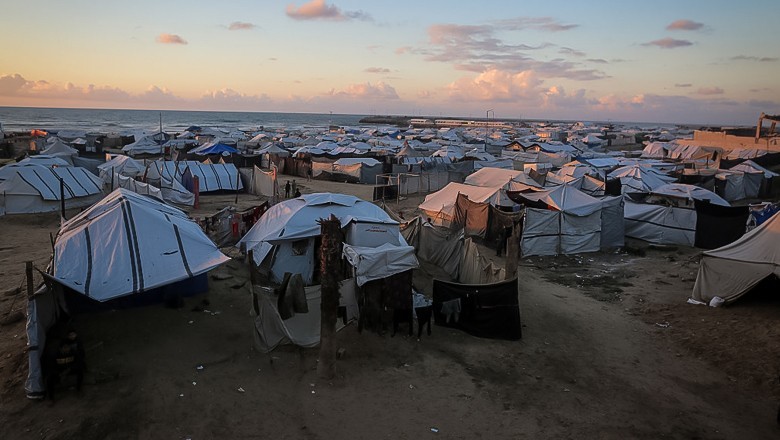Sri Lanka minister blames monkey for nationwide power outage

Web Desk
|
11 Feb 2025
Sri Lanka experienced a nationwide power outage on Sunday after a monkey entered a grid substation south of Colombo, causing an imbalance in the power system, according to the country's energy minister.
Kumara Jayakody said that “a monkey entered the power station that connects the transformers, causing a disturbance in the system.” Subsequently, the engineers took 90 minutes to restore power.
Kumara Jayakody explained that a monkey entering the power station's transformer connection caused a system disturbance. Engineers took 90 minutes to restore power.
Power was gradually being restored across the island nation of 22 million, with priority given to medical facilities and water purification plants.
Watch: Sri Lankan elephant Raja becomes famous for ‘road tax’ collection
The blackout occurred on Sunday, forcing many to rely on generators, as officials estimated it could take several hours to restore power.
In 2022, Sri Lanka faced a devastating series of widespread blackouts as the nation grappled with a severe economic crisis, resulting in persistent power shortages.
The bulk of Sri Lanka's energy generation relies on hydropower; however, the country also depends heavily on coal and oil. This reliance became particularly dire during the 2022 crisis when Sri Lanka depleted its entire fossil fuel reserves.
Read: Sri Lanka jails monk for insulting Islam
Meanwhile, the introduction of a supplementary 1,000-megawatt solar energy system marks a step toward sustainability, these solar panels remain disconnected from the island's primary power grid, leaving significant gaps in energy accessibility and security.
At the same time, the population of toque macaques ( a reddish-brown-coloured monkey) on the island surged in recent years and was currently estimated to be between 2 and 3 million as people continue to invade their natural habitats.
These macaques were more frequently scavenging for food from local agricultural areas, resulting in harm to crop yields and increasing the potential for further damage to infrastructure.












Comments
0 comment